Middle-aged Ohio secretary Jane Hudson has never found love and has nearly resigned herself to spending the rest of her life alone. But before she does, she uses her savings […]
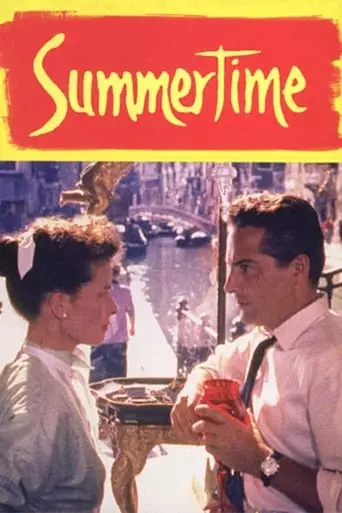
Middle-aged Ohio secretary Jane Hudson has never found love and has nearly resigned herself to spending the rest of her life alone. But before she does, she uses her savings […]
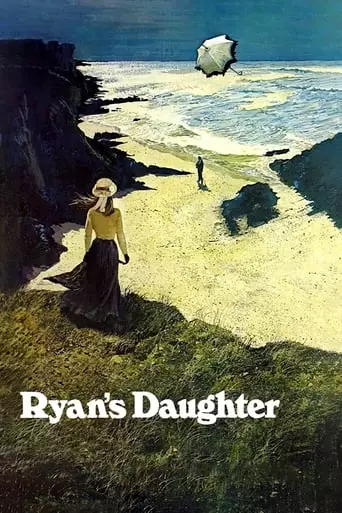
An Irish lass is branded a traitor when she falls for a British soldier.
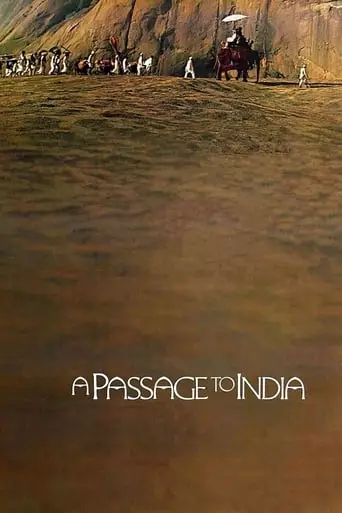
Set during the period of growing influence of the Indian independence movement in the British Raj, the story begins with the arrival in India of a British woman, Miss Adela […]
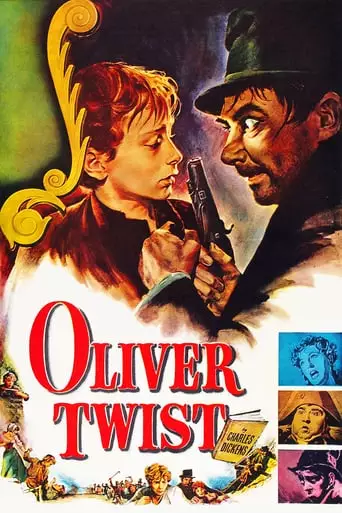
When 9-year-old orphan Oliver Twist dares to ask his cruel taskmaster, Mr. Bumble, for a second serving of gruel, he’s hired out as an apprentice. Escaping that dismal fate, young […]
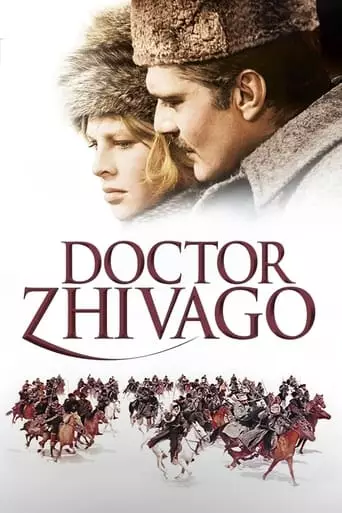
The life of a Russian physician and poet who, although married to another, falls in love with a political activist’s wife and experiences hardship during World War I and then […]
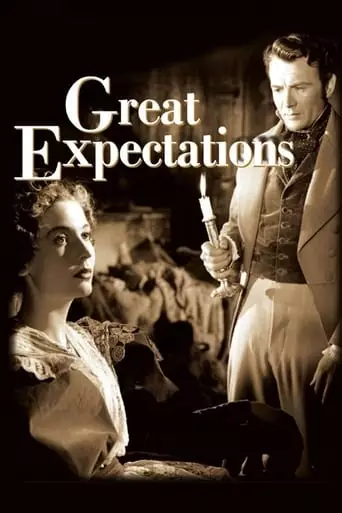
In this Dickens adaptation, orphan Pip discovers through lawyer Mr. Jaggers that a mysterious benefactor wishes to ensure that he becomes a gentleman. Reunited with his childhood patron, Miss Havisham, […]
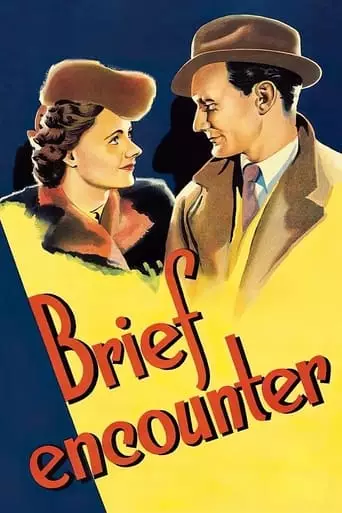
Returning home from a shopping trip to a nearby town, bored suburban housewife Laura Jesson is thrown by happenstance into an acquaintance with virtuous doctor Alec Harvey. Their casual friendship […]
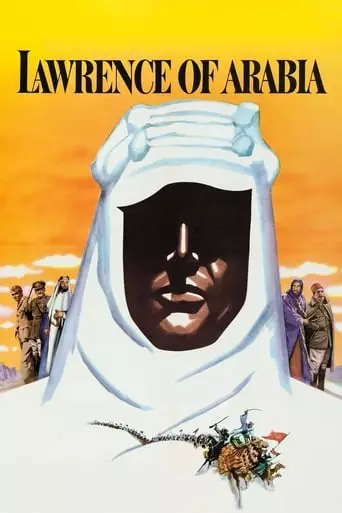
The story of British officer T.E. Lawrence’s mission to aid the Arab tribes in their revolt against the Ottoman Empire during the First World War. Lawrence becomes a flamboyant, messianic […]
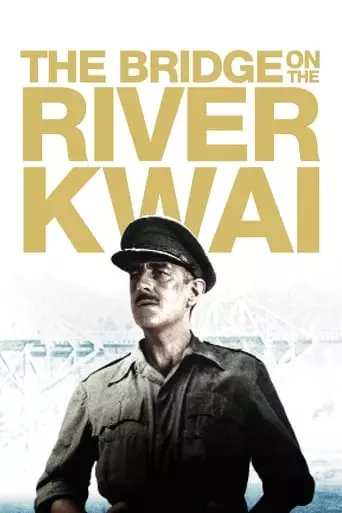
The classic story of English POWs in Burma forced to build a bridge to aid the war effort of their Japanese captors. British and American intelligence officers conspire to blow […]
David Lean: The Epic Visionary of Cinema
David Lean (1908–1991) was one of the most celebrated directors in film history, renowned for his ability to craft visually stunning epics and intimate dramas alike. With a career spanning over five decades, Lean’s work ranged from poignant character studies to grand-scale masterpieces that redefined cinematic storytelling. His films, often marked by meticulous attention to detail and breathtaking cinematography, continue to influence filmmakers around the world.
Early Life and Career Beginnings
David Lean was born on March 25, 1908, in Croydon, Surrey, England. His Quaker upbringing exposed him to the value of discipline, which would later manifest in his rigorous filmmaking process. Initially drawn to the visual arts, Lean began his career in the film industry as a clapperboard assistant before transitioning to editing.
As an editor, Lean honed his skills on British films in the 1930s, developing a keen understanding of pacing and narrative. His work as an editor on Pygmalion (1938) and Major Barbara (1941) showcased his talent for storytelling and visual rhythm, laying the foundation for his directorial ambitions.
Early Directorial Successes: Intimate Dramas
Lean’s directorial debut came in 1942 with In Which We Serve, a war drama co-directed with Noël Coward. This partnership proved successful, leading Lean to adapt several of Coward’s plays into films, including:
This Happy Breed (1944): A touching portrayal of working-class life in England.
Blithe Spirit (1945): A witty adaptation of Coward’s supernatural comedy, notable for its groundbreaking use of Technicolor.
Brief Encounter (1945):
A poignant tale of forbidden love between a housewife and a doctor, set against the backdrop of wartime England.
Accolades: Won the Palme d’Or at Cannes and remains one of Lean’s most revered films for its emotional depth and restrained storytelling.
The Dickens Adaptations
Lean further established himself with his masterful adaptations of Charles Dickens’s novels:
Great Expectations (1946):
A visually stunning interpretation of Dickens’s classic, celebrated for its atmospheric opening sequence and strong performances.
Legacy: Often ranked among the greatest literary adaptations in film history.
Oliver Twist (1948):
A dark and gripping version of the beloved novel, featuring Alec Guinness as the unforgettable Fagin.
Impact: Showcased Lean’s ability to blend rich storytelling with striking visual compositions.
The Move to Epics
In the 1950s, Lean transitioned to large-scale epics, becoming synonymous with sweeping, grandiose storytelling.
The Bridge on the River Kwai (1957):
A World War II drama about British POWs forced to build a bridge for their Japanese captors, starring Alec Guinness and William Holden.
Awards: Won seven Academy Awards, including Best Picture and Best Director.
Themes: Explored the complexities of duty, honor, and human resilience.
Lawrence of Arabia (1962):
A biographical epic about T.E. Lawrence, starring Peter O’Toole in a career-defining role.
Visual Grandeur: Filmed on location in the deserts of Jordan and Morocco, the film features some of the most iconic visuals in cinematic history.
Accolades: Won seven Academy Awards, including Best Picture and Best Director.
Legacy: Considered one of the greatest films ever made, it solidified Lean’s reputation as a master of epic filmmaking.
Later Career: Refining the Epic
Doctor Zhivago (1965):
A romantic epic set during the Russian Revolution, based on Boris Pasternak’s novel.
Reception: A massive box-office success despite mixed critical reviews, praised for its lush visuals and sweeping score by Maurice Jarre.
Ryan’s Daughter (1970):
A romantic drama set in Ireland during World War I, starring Sarah Miles and Robert Mitchum.
Challenges: While it received mixed reviews at the time, the film’s visual beauty has been reappraised in later years.
A Passage to India (1984):
Lean’s final film, based on E.M. Forster’s novel, examining colonial tensions in British-occupied India.
Accolades: Earned 11 Academy Award nominations and won two.
Themes: Explored cross-cultural misunderstandings and the complexity of human relationships.
Recurring Themes and Style
Lean’s films are marked by a unique combination of grandeur and intimacy:
Themes:
The intersection of personal desires and societal constraints.
Exploration of human resilience and moral dilemmas.
The conflict between individual identity and larger historical forces.
Visual Style:
Meticulously composed shots with an emphasis on landscapes.
A painterly approach to cinematography, often using natural light and dramatic contrasts.
Seamless integration of music, visuals, and narrative to evoke deep emotional resonance.
Collaborations:
Frequent partnerships with actors like Alec Guinness and cinematographers like Freddie Young.
Legacy and Influence
David Lean’s work remains a touchstone for filmmakers worldwide. Directors such as Steven Spielberg, Christopher Nolan, and Ridley Scott have cited him as an inspiration, particularly for his ability to balance epic storytelling with emotional intimacy.
His films have stood the test of time, celebrated for their craftsmanship, ambition, and profound emotional impact. Lean’s approach to filmmaking—meticulous, daring, and deeply human—continues to shape the art of cinema.
Conclusion
David Lean was more than a director; he was a cinematic poet who used the medium to explore the depths of human experience. Whether through the quiet heartbreak of Brief Encounter or the monumental scope of Lawrence of Arabia, Lean’s films resonate as timeless masterpieces that celebrate the power of storytelling. His legacy endures as one of the towering figures in the history of cinema.